Egypt’s interbank payments in the local currency via real time gross settlement (RTGS) system totalled LE130.58 trillion in the first half (H1) of 2024 through 1.193 million transactions, according to data from the Central Bank of Egypt (CBE).
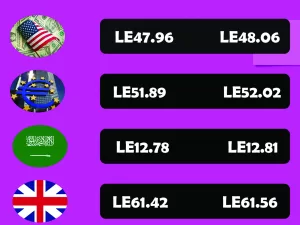
The RTGS system, which was launched in March 2009, supports bilateral and multilateral offsetting techniques.
RTGS payments totalled LE20.6 trillion and LE24.3 trillion in January and February through 202,600 and 203,000 transactions, respectively, according to CBE data.
According to CBE, the RTGS system typically represents the major payment system in one country and that allows it to be defined or classified as the country’s major systemically important payment system. It is a system for large value and important funds settlement instructions to be processed within a payment system in one country.
RTGS systems are typically overseen by the CBE to ensure stability and compliance with regulations.
RTGS payments stood at LE25.5 trillion and LE21.66 trillion in March and April through 213,700 and 192,200 transactions, respectively, according to CBE data.
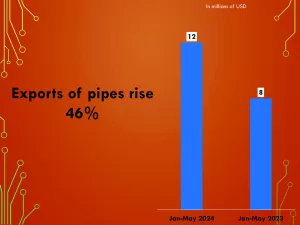
RTGS payments reached LE21.55 trillion and LE16.89 trillion in May and June through 206,209 and 175,500 transactions, respectively, according to CBE data.
The system processes transactions individually and settles them immediately, ensuring real-time and irrevocable payments. RTGS systems are crucial for large-value and time-sensitive transactions, such as interbank transfers, securities trading, and high-value corporate payments.
A real-time gross settlement system boosts the economy by facilitating instant and secure large-value transactions between financial institutions. This enhances liquidity management, reduces settlement risk, improves efficiency in fund transfers, and promotes overall financial stability, which can lead to increased economic activity and growth.
Gold ETFs add $1.4b in June
Global physically backed gold exchange-traded funds (ETFs) witnessed their second consecutive monthly inflows, attracting $1.4 billion in June, the World Gold Council (WGC) said in a report.
A stronger gold price and recent inflows pushed the total assets under management (AUM) to $233 billion, but collective holdings remain near their lowest since 2020.
According to WGC, inflows were widespread, with all regions seeing positive gains except for North America which experienced mild losses for a second month.
“In general, lower yields in key regions and non-dollar currency weaknesses increased gold’s allure to local investors. Global gold ETFs’ collective holdings continued to rebound while their total AUM remained stable at $233 billion due to a lower gold price in the month,” said the WGC report, a copy of which was made available to the Egyptian Mail.
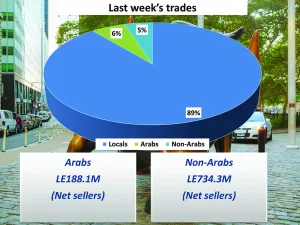
According to WGC data, year-to-date, global gold ETFs have lost $6.7 billion, their worst H1 since 2013. However, driven by recent inflows and a sizable rise in the gold price, their total AUM have increased by 8.8 per cent year-to-date.
“Total holdings have dropped by 120 tonnes (-3.9 per cent) to 3,105 tonnes during the period, well below their October 2020 monthly high of 3,915 tonnes. While Asian funds attracted a record $3 billion during the first half, they were significantly outpaced by collective outflows in North America and Europe to the tune of $9.8 billion,” it said.
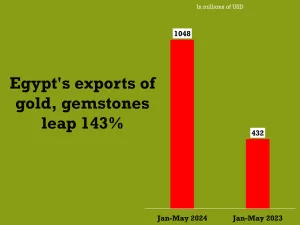
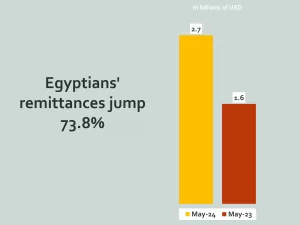
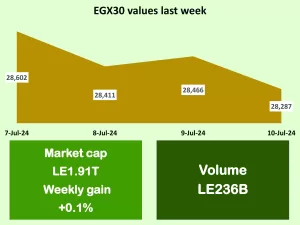






Discussion about this post